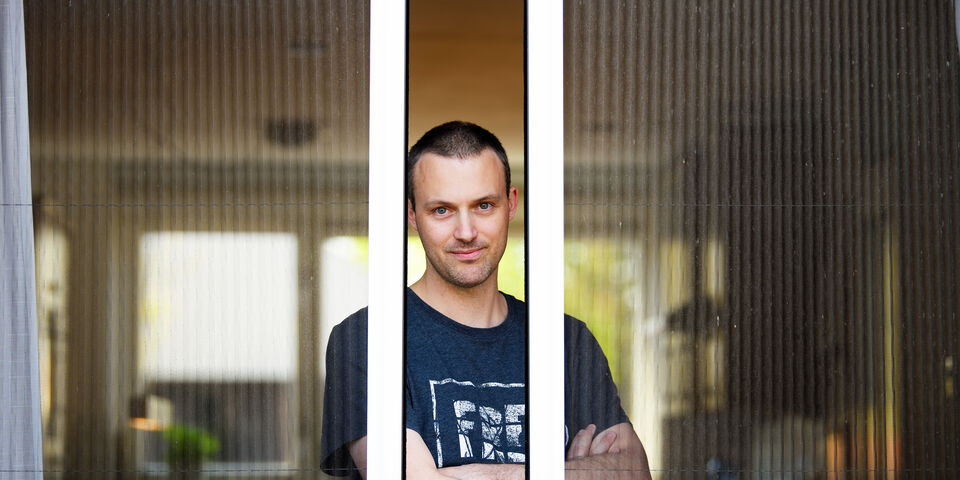Fewer Dutch people or more
These are confusing times for TU/e. On the one hand, we need to fill the dozens of vacancies we currently have – that’s going to help keep work pressure within manageable limits – and we have the scale jump. On the other, the newspapers are full of stories about how Dutch politicians want to refuse entry to foreign students. Does this mean that our best chance of achieving growth lies in enrolling more Dutch students? I’ve had a look at the data.
Anyone who works at TU/e, you see, can browse through the information held in our BI Tool. Compare Dutch and non-Dutch students in this virtual environment and you’ll be struck by a couple of things. In the academic year 2021-2022, Dutch students accounted for 66 percent of the university’s intake. In that same year, the dropout rate among Dutch students was 26 percent, compared with 17 percent among foreign students. Evidently, Dutch students have a tendency to drop out, while – oddly enough – those who remain, average figures reveal, take much longer to complete their degree program (sometimes up to six months longer, in both the bachelor’s and the master’s).
Delve even deeper into these data, however, and you’ll see that in recent years the figures for Dutch and non-Dutch have been creeping towards each other. This is because ‘Dutch’, ‘EEA’ and ‘non-EEA’ refer to country of birth rather than the country in which the student completed their primary or secondary education, and an ever growing number of our students are second-generation expats. My sad hypothesis is that Dutch secondary education simply isn’t providing the necessary preparation for university study.
I draw further evidence for this hypothesis from personal experience. I have a son in the third year of pre-university education (VWO) and a daughter in primary school. Here at these schools, ‘formative testing’ and ‘adaptive learning materials’ are being introduced. These resources enable children to use their own judgement to ‘shape their future’. Parents are informed of all this in error-riddled push messages. The pupils, meanwhile, are no longer learning how to study or write coherent reports.
It’s high time that the universities showed The Hague that the government’s wish to educate more Dutch students can only be granted if the system of primary and secondary education is overhauled. Taken back to learning arithmetic (instead of programming calculators), back to learning to write (instead of typing assisted by spelling correction and ChatGPT), and back to learning to study (instead of looking up everything on the internet).
Alternatively, there’s always the simple solution as fallback position: stop keeping records of (student) origins. Municipalities no longer do this, nor do the tax authorities, so why are we still doing it?


Discussion